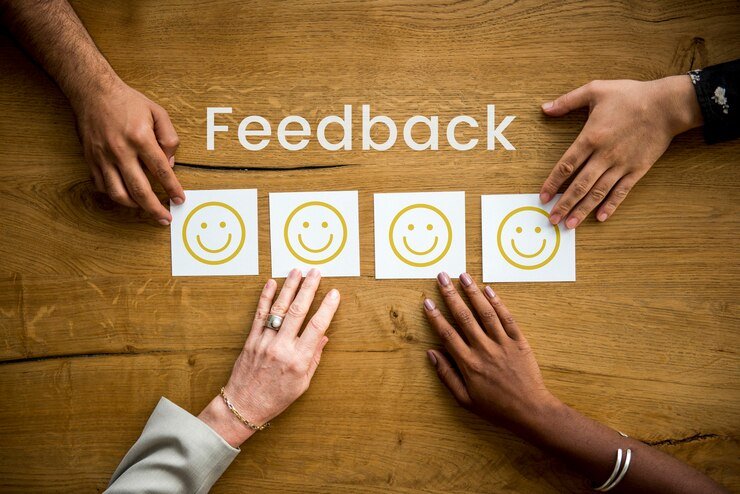Skill analysis is the foundation for personal and professional growth. It provides clarity on strengths, identifies areas for improvement, and aligns individual capabilities with career goals. By understanding your skillset, you can make informed decisions and craft a targeted development plan.


Skill analysis is the foundation for personal and professional growth. It provides clarity on strengths, identifies areas for improvement, and aligns individual capabilities with career goals. By understanding your skillset, you can make informed decisions and craft a targeted development plan.



At PeopleGuided, we take a holistic and strategic approach to personal and professional development, ensuring that you have the tools, resources, and expert guidance to unlock your full potential.
© 2024 Created with PeopleGuided